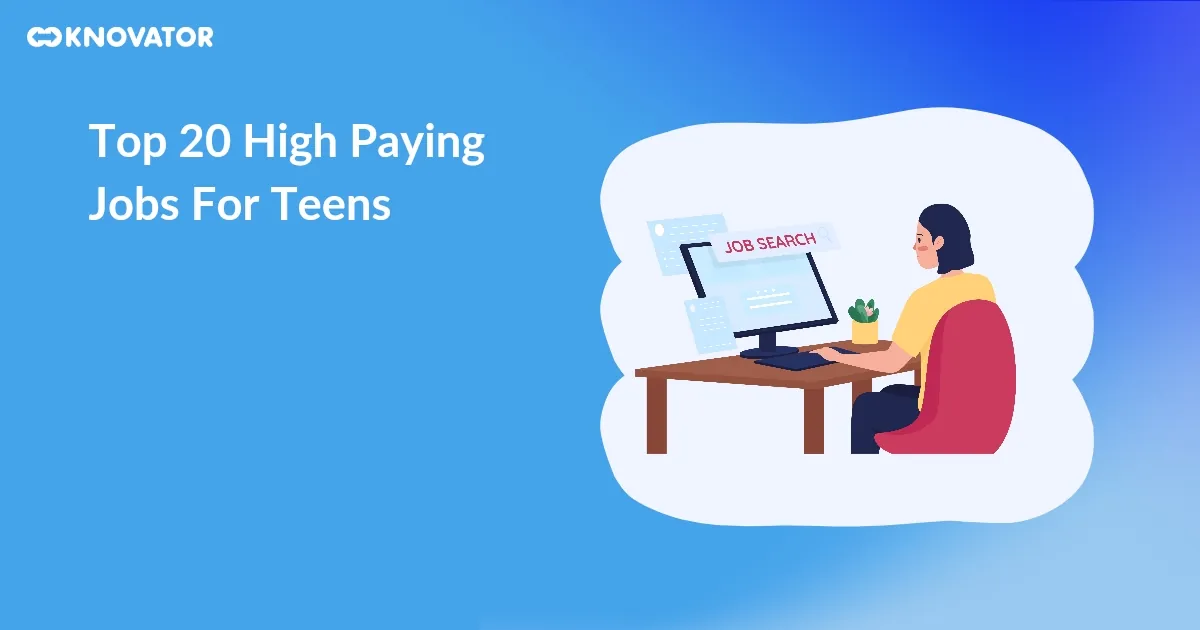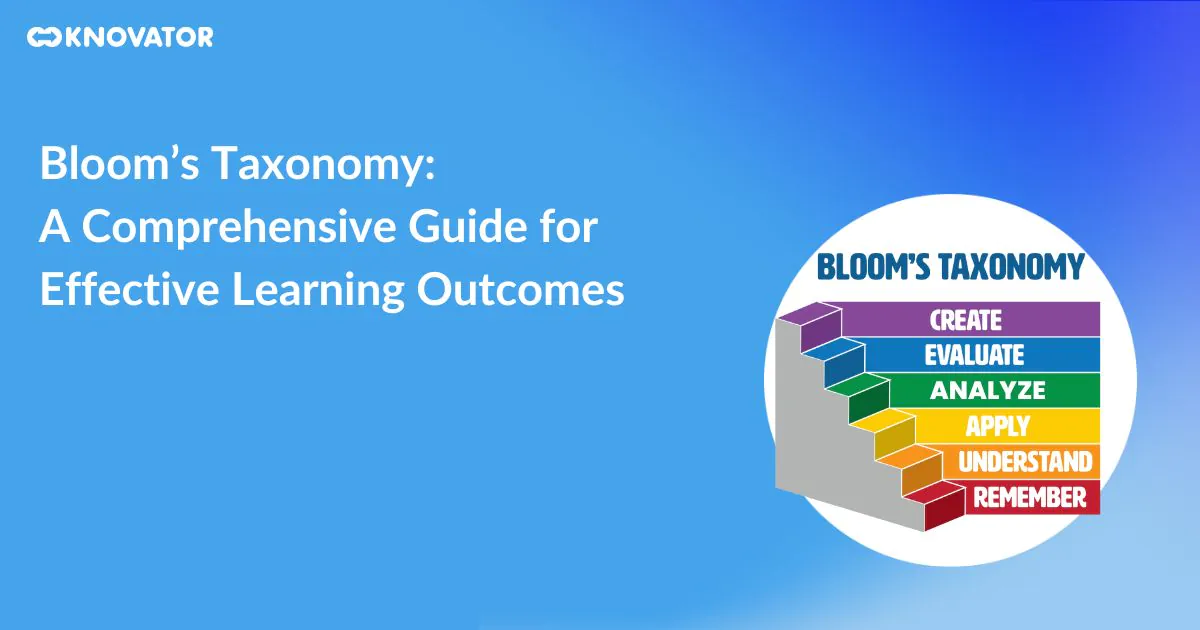Picture a swiftly changing world where each day brings new wisdom and insights. Amazing, isn’t it?
But here’s the hitch: regular education can’t help us handle the intricate problems of today. And that’s where lifelong learning jumps in.
Lifelong learning means continually discovering and mastering knowledge and skills outside school limits. It’s like keeping your curiosity alive, regardless of age or where you are in life.
In this blog, we will dig into why lifelong learning is so important and its many perks and lay out clear steps to help you start a never-ending growth and improvement journey.
What is Lifelong Learning?
Lifelong learning is like when you decide to keep on learning even after school and college days. It’s when you take charge and choose to learn new stuff just because you want to get better as a person. It is like planting little seeds of knowledge in your mind that grow as you learn more.
There are two types of lifelong learning. First, there’s the formal way – like attending classes or workshops. It’s like when you learn in a structured setting. Then comes informal learning. It is more like picking up things while you’re living life – from watching something interesting on TV, talking to people, or even exploring things on your own.
So, lifelong learning is about mixing both these ways. It’s not just about school or college but also about everything you learn along the way, big or small. It’s like growing a garden of knowledge that helps you become better and smarter, no matter how old you are.
Importance of Lifelong Learning

1. Personal Fulfillment
Imagine doing things that make your heart dance with happiness. Lifelong learning lets you do just that. It’s like putting colorful feathers in your happiness cap when you keep learning about things you’re interested in or passionate about. It makes you feel proud of yourself and gives you a sense of accomplishment.
2. Natural Curiosity
Have you ever wondered why you ask so many questions? That’s your curiosity at work! We, humans, are born explorers. Lifelong learning is like feeding that curiosity. It’s like giving your brain a playground to play in. When you learn new things, you satisfy that natural urge to know more and improve.
3. Beyond the Classroom
Learning isn’t just sitting in a classroom, listening to a teacher. Lifelong learning shows us that learning is everywhere. It’s in the books you read, the shows you watch, the people you talk to, and even the mistakes you make. Every little thing teaches you something. Think of it as a treasure hunt – you’re always finding nuggets of wisdom.
Remember, learning doesn’t stop when school ends. That’s when the exciting part begins. Lifelong learning means you keep adding colors to the canvas of your life. You can learn to cook new dishes, strum a guitar, understand the stars, or even code a computer game – endless possibilities.
So, think of lifelong learning as your lifelong friend. It’s there to make your journey through life more colorful, interesting, and fulfilling. It’s like the secret superpower that helps you explore, achieve, and be the best version of yourself.
Everyday Examples Of Lifelong Learning

- Mastering a fresh skill – like sewing, cooking, coding, or speaking confidently.
- Studying on your own -such as picking up a new language, exploring a topic you like, or following podcasts.
- Trying out a new sport or hobby -for instance, joining martial arts, learning skiing, or starting a fitness routine.
- Getting comfortable with new technology -understanding smart gadgets, trying out new software.
- Gaining fresh knowledge – taking online courses about things that interest you or attending classes in person.
Benefits of Lifelong Learning

1. Renewed Self-Motivation
We sometimes find ourselves trapped in a routine, doing things because we must – like going to work or tidying up the house.
Discovering what truly excites you puts you right back in control and serves as a reminder that you can pursue the things you genuinely desire in life.
2. Recognizing Personal Goals
Rediscovering what sparks your interest lessens boredom, adds fascination to life, and might even unlock upcoming chances.
By concentrating on your interests, you uncover surprising paths and recognize your goals.
3. Skill Development
Imagine having a toolkit filled with skills you can use whenever needed. Lifelong learning adds tools to that toolkit.
You can learn to fix, create, or handle challenging situations better. These skills make life easier and give you a sense of achievement.
4. Improved Self-Confidence
Remember the feeling when you achieve something difficult? Lifelong learning gives you that feeling again and again.
You become more confident in yourself with each new skill you learn or each piece of knowledge you gather. This newfound confidence shines in all areas of your life.
In a nutshell, lifelong learning is the gift that keeps on giving. It’s a path to a brighter, more enriched life. It’s not just about becoming smarter; it’s about becoming more fulfilled, capable, and ready to take on whatever life throws at you. So, don’t just let the learning stop with the classroom. Keep exploring, keep growing, and enjoy the countless benefits that lifelong learning brings.
Lifelong Learning – Organizational Perspective

Thanks to today’s fast-paced knowledge-based economy, organizations consider lifelong learning a crucial part of employee growth. The notion is that employees should keep learning personally to stay adaptable and versatile, thus ensuring the organization remains competitive and relevant.
This type of individual learning is often called continuous learning. This article provides more information about continuous learning and its implications for employees and employers.
However, some researchers point out criticism regarding organizations using lifelong learning to shift the responsibility of learning onto employees without providing the necessary resources, support, and training to cultivate such a workforce.
Steps to Adopt Lifelong Learning

- Discover Your Interests: The first step is exploring what excites you. Reflect on your passions, hobbies, and curiosities. What topics make you curious? What activities do you find intriguing? Identifying these interests will be the driving force behind your learning journey.
- Set Clear Goals: Once you pinpoint your interests, establish specific learning goals. Do you want to learn a new language, acquire a skill, or deepen your knowledge in a particular field? Clear goals provide direction and motivation, making your learning journey more purposeful.
- Choose Learning Methods: There are numerous learning ways – from online courses and workshops to books, podcasts, and interactive tutorials. Select methods that align with your learning style and schedule. Remember, variety keeps learning exciting.
- Allocate Time: Incorporating learning into your routine requires time management. Dedicate consistent time slots for learning. It could be as simple as setting aside 30 minutes daily or a few hours over the weekend.
- Stay Curious: Lifelong learning thrives on curiosity. Keep asking questions, seeking new challenges, and exploring diverse subjects. Curiosity fuels motivation and enhances the learning experience.
- Embrace Failure: Learning involves trial and error. Don’t fear mistakes; embrace them as opportunities for growth. Failure is a stepping stone to success that teaches valuable lessons.
- Stay Consistent: Consistency is key to effective lifelong learning. Even on busy days, allocate a brief period for learning. Small, consistent efforts accumulate over time.
- Reflect and Apply: Regularly reflect on what you’ve learned and how to apply it. Connect new knowledge to real-life situations to reinforce understanding and retention.
- Join Communities: Engage with like-minded learners through clubs, online forums, or workshops. Sharing experiences and insights with others enhances the learning process.
- Make a Commitment: Lifelong learning is a commitment to personal growth. Hold yourself accountable and celebrate milestones. Stay motivated by acknowledging the progress you make.
- Adapt and Evolve: As your interests and goals evolve, so should your learning path. Be open to change and adjust your approach as needed.
- Enjoy the Journey: Lifelong learning is not just about the destination; it’s about relishing the process. Enjoy the excitement of discovery, the thrill of overcoming challenges, and the satisfaction of personal growth.
Incorporating lifelong learning into your life doesn’t require drastic changes – it’s about making conscious choices to learn, adapt, and evolve. These steps unlock a world of continuous personal development and embark on a journey filled with knowledge, growth, and fulfillment.
Embrace Lifelong Learning for Everlasting Growth
Think about growing in your personal and work life – lifelong learning is like a shining light that never fades. It’s not just for school or college; it’s for every age and situation.
Lifelong learning sparks your curiosity and gives you happiness, the ability to adjust, and self-belief. The perks of learning new things, enjoying your interests, and staying important are clear. Starting this journey means finding what you love, having goals, and staying curious while being steady.
As you learn, you don’t just learn facts; you become a better version of yourself. Lifelong learning is like a guide helping you live a life full of continuous growth, change, and amazing experiences.









